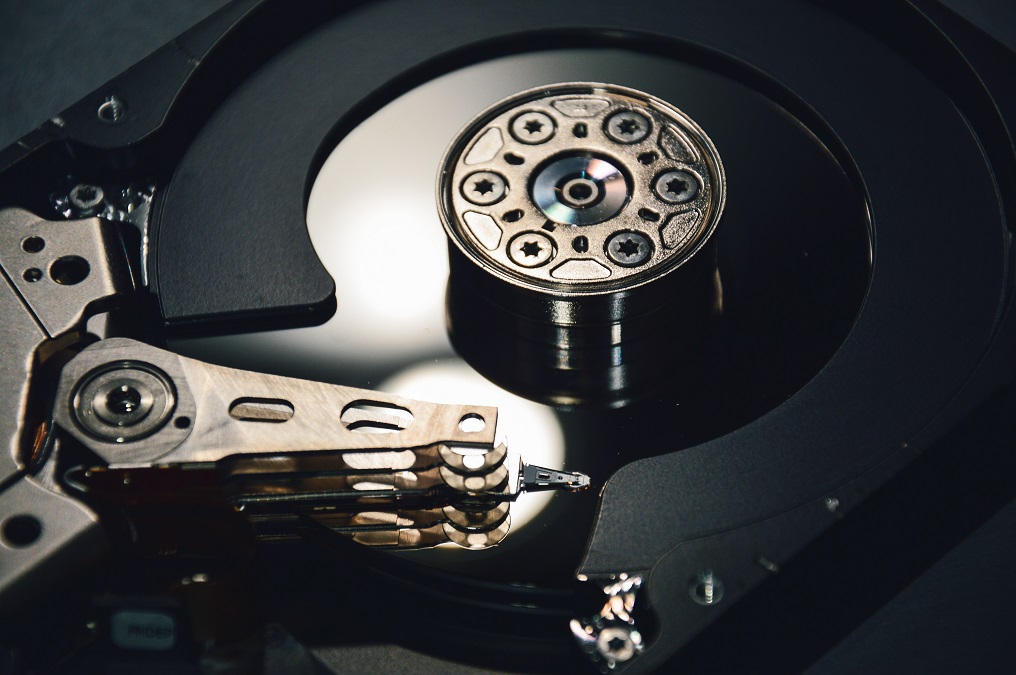Your hard drive stores data. In case things go wrong, you can always rely on it to get back your data. Sounds pretty easy, doesn’t it? But what if your hard drive fails you? How are you supposed to get back your data when your hard drive fails? You don’t have to wait for your hard drive to fail. You’re better off knowing the warning signs.
Most components on a PC that can fail will give some warning of their deteriorating condition before they just stop working altogether, and hard drives are no exception. Here are some warning signs of a developing hard drive problem. Disappearing files: If a file simply disappears from your system, this can be a sign that the hard drive is developing issues. Computer freezing: Computer freeze up from time to time, and it’s almost always solved by a quick reboot. However, if you find that you need to reboot more and more frequently, that could be an indication that your hard drive is beginning to fail. Corrupted data: If files on the drive are suddenly corrupted or unreadable for no apparent reason, it’s possible that your hard drive is experiencing a gradual failure. Bad sectors: If you start receiving error messages about “bad sectors”, “CRC” or “Cyclic Redundancy Error”, that is a sure sign that your drive is developing problems. Sounds: If your hard drive is making sounds that you aren’t familiar with, this could also be bad news, particularly if it’s a grinding, clicking or screeching noise.
(Via: https://www.techjunkie.com/hard-drive-failure-warnings-and-solutions)
These are warnings that could lead to serious hard drive problems. If you’re not a techy person, the list could possibly scare you. Even worse, you might even ignore the warning signs.
If you can’t find the time or interest to pay attention to the warning signs, you’re doomed to lose some critical data, or pay big bucks for hard drive recovery. If that doesn’t scare you still, you might even lose your computer.
But even though software and hardware have gotten a lot better over the years there are still some problems that you have to deal with when it comes to computers. It is what you do what the problems that face you that will determine whether your computer runs well or not later on down the road.
(Via: http://www.security-faqs.com/do-not-ignore-the-error-warnings-that-you-get-on-your-computer.html)
It’s really common sense. The sooner you deal with a hard drive problem, the better. A huge part of dealing with a hard drive problem is to back up data right away.
Do not rely on signs or software to tell you whether you have a failing hard drive. It is more likely than not that it will fail unexpectedly and without any warning signs whatsoever. Rather than trying to forecast something that is even less predictable than the weather, you should rely on backups.
(Via: https://www.makeuseof.com/tag/5-signs-hard-drive-lifetime)
After you’ve backed up your data, make sure to allocate a budget for a new computer. If you’ve ignored the warning signs for too long, you might just have to get yourself a new computer set up. Of course, that’s the worst case scenario that you wouldn’t to happen.
Another smart way to deal with a hard drive problem is to be proactive about it. Expect that it can happen to you anytime. Don’t forecast the death of your hard drive based on its expected lifespan.
The reality is that, anything can happen within the limited lifespan of hard drive. So if you’ve been ignoring the warning signs simply because your computer is still basically new, then you might be in for a surprise. There’s just no guarantee.
Like every piece of hardware, hard drives can fail. Mechanical hard drives in particular have moving parts that can (and eventually will) stop working. Even solid-state drives, which have no moving parts, can fail. Every drive has a limited lifespan before it kicks the bucket.
(Via: https://www.howtogeek.com/341268/what-to-do-when-your-hard-drive-fails)
Encountering a hard drive problem maybe tough but it’s definitely not hopeless. Truth is, a dead hard drive can still be fixed to recover data. If you check out our site, you will see that hard drive recovery help is just a call away.


Valuable information. Fortunate me I discovered your website by chance, and I’m shocked why this twist of fate did not took place earlier! I bookmarked it.